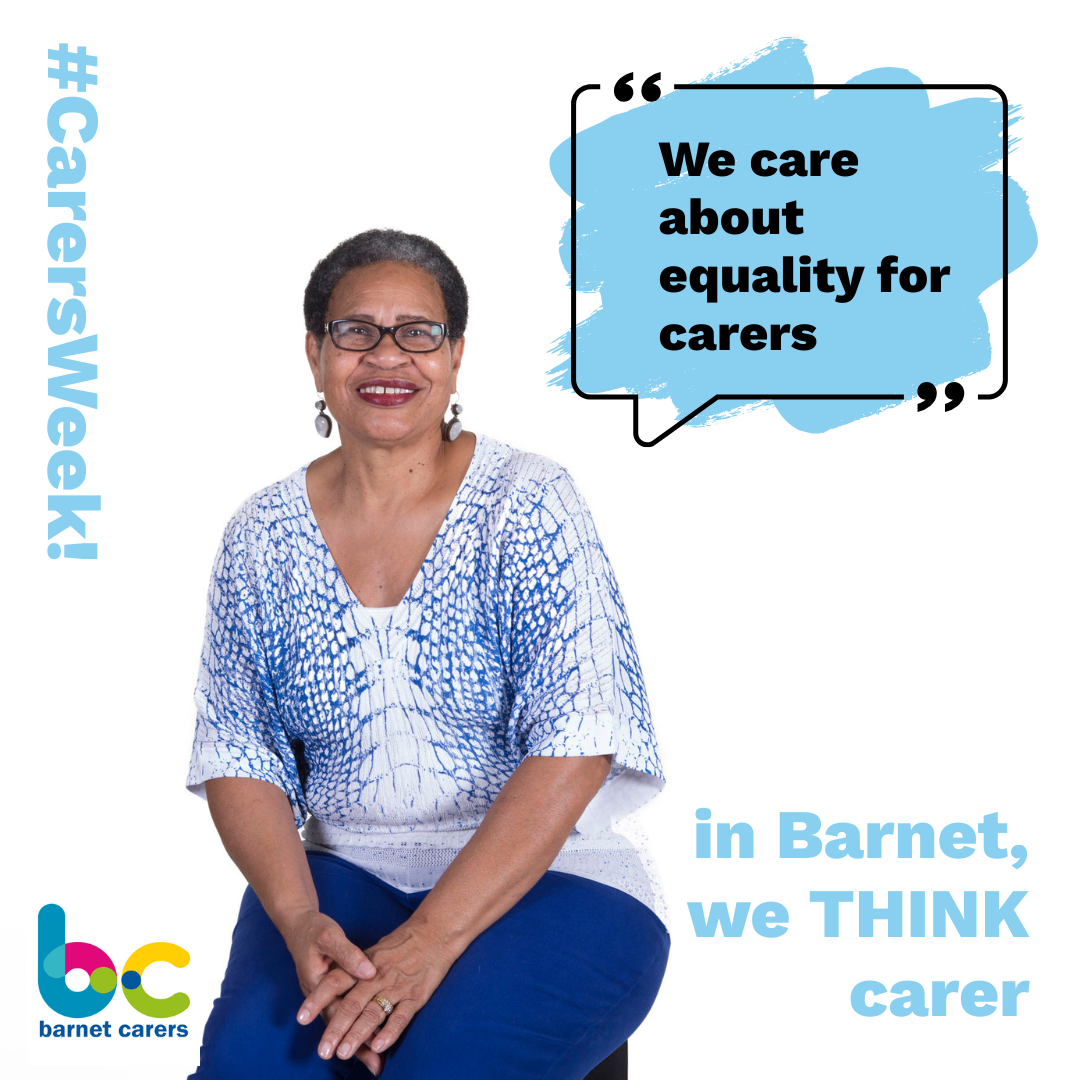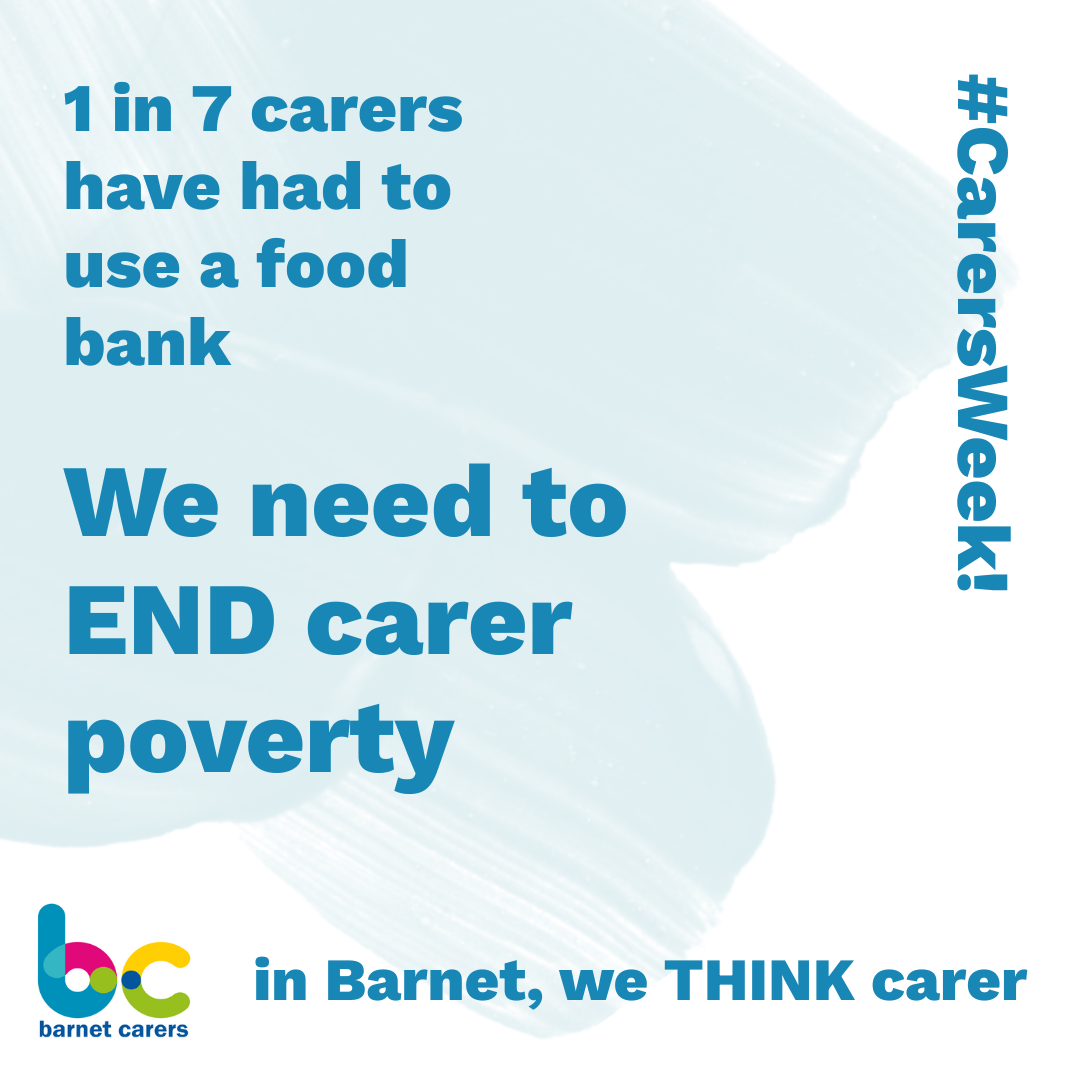Carers Week 2025 is an occasion to reflect, advocate, and celebrate. It is more than just a mark on the calendar; it is a nationwide acknowledgement of the unpaid carers who dedicate themselves to supporting loved ones, often at great personal and professional cost. This year’s theme, “Equality for Carers,” shines a spotlight on a critical issue—ensuring that carers have equal opportunities and rights in every sphere of life.
Equality for Carers: Why It Matters
Carers, whether they are looking after elderly parents, children with disabilities, or friends with chronic illnesses, are the backbone of our society. Yet, their contributions often go unrecognised, and they face significant inequalities. Many carers are forced to balance demanding caring responsibilities with work, often leading to career stagnation, financial insecurity, and mental health challenges. Equality for carers means recognising their efforts, addressing systemic barriers, and ensuring they have the same opportunities and rights as everyone else.
Equality of Opportunity
Carers often face challenges in accessing education, training, and job opportunities due to their caregiving responsibilities. Flexible working arrangements, access to vocational training, and support systems like respite care can transform their ability to pursue personal and professional goals – but that involves investment from central and local government. Unfortunately, the prevailing wind seems to indicate that rather than see an investment in supporting carers, the opposite might be true. Equal opportunity for carers is not just about fairness; it is about acknowledging their contribution to the economy and society.
Equality at Work
In the workplace, carers often face discrimination, whether through limited flexibility or a lack of understanding about their dual responsibilities. Employers must adopt – rather than pay lip service to – practical carer-friendly policies, such as flexible hours, remote working options, and carer-specific leave arrangements. This approach should not just be seen as an inconvenience or a cost by businesses, they should see it as both enhancing the well-being of their carer employees but also an opportunity to tap into a more committed and diverse workforce. But businesses, especially small and medium-sized ones, need support and guidance from the government.
Equality for All Carers
Those of us who work with carers know how diverse the caring community is – carers come from every part of society. They are of all ages, genders, ethnicities, and socio-economic backgrounds. All these carers deserve equality, but certain groups, such as young carers or those from minority communities, face compounded challenges. Tailored support systems are essential to ensure that every carer, regardless of their circumstances, is treated with dignity and fairness.
Celebrating Carers
Carers contribute immeasurably to both the economy and the social fabric of our country. Unpaid carers save the economy billions of pounds annually by providing essential care services. Beyond financial contributions, carers foster stronger communities, maintain family bonds, and ensure the well-being of millions of vulnerable individuals.
Carers Week is a time to celebrate those contributions and to advocate for their rights. We need to recognise those efforts, not just in empty words and social media posts from politicians about how much we value carers. We need to address the inequalities they face so that we can build a society where carers are properly supported, valued, and given the opportunity to thrive.
Equality for carers is not just a moral imperative—it is an investment in the social and economic health of the UK. Organisations like the Carers Trust and Carers UK have made great strides in putting forward the needs of carers to the government. Local carers organisations across the country are leading the fight to support carers with local government. And we have had some success – of which Carers Leave is a great example. But for every step forward, it sometimes feels like we take a couple of steps backwards. The government review of social security looks likely to have a considerable impact on the already fragile financial security of many carers.
So, let’s not just talk about equality for carers – let’s push to get things done.



